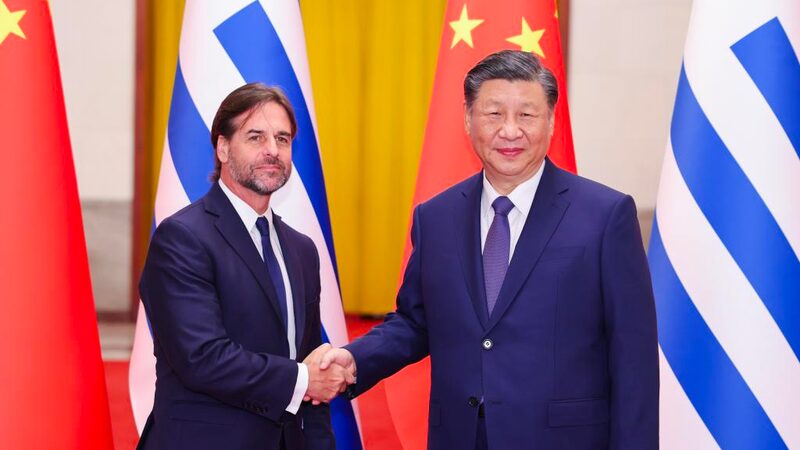China’s new ambassador to the UK, Zheng Zeguang, has called for closer economic collaboration between the two nations despite recent political 'headwinds.' Speaking at a webinar marking 20 years of the Chinese Chamber of Commerce in the UK, Zheng emphasized that China is a 'partner, not a threat' to British interests.
🔑 Quick Stats:
- Bilateral trade hit $112 billion annually
- 800+ Chinese firms operate in the UK, employing 75,000 people
- Trade growth surged 900% over two decades
But tensions over issues like Hong Kong and Xinjiang have strained relations. Zheng acknowledged differences but stressed mutual respect: 'It’s key to respect core interests and major concerns.'
The UK’s 2020 ban on Huawei’s 5G involvement – costing billions – reflects growing wariness of Chinese investments. Yet experts like Sherard Cowper-Coles of the China-Britain Business Council highlight the human impact: 'Trade means real people making, buying, and selling real things.'
With both nations at a 'critical juncture,' Zheng urged businesses to keep driving cooperation. Could this reboot the 'Golden Era' of China-UK ties? 🚀
Reference(s):
China's UK ambassador calls for closer trade ties despite 'headwinds'
cgtn.com




